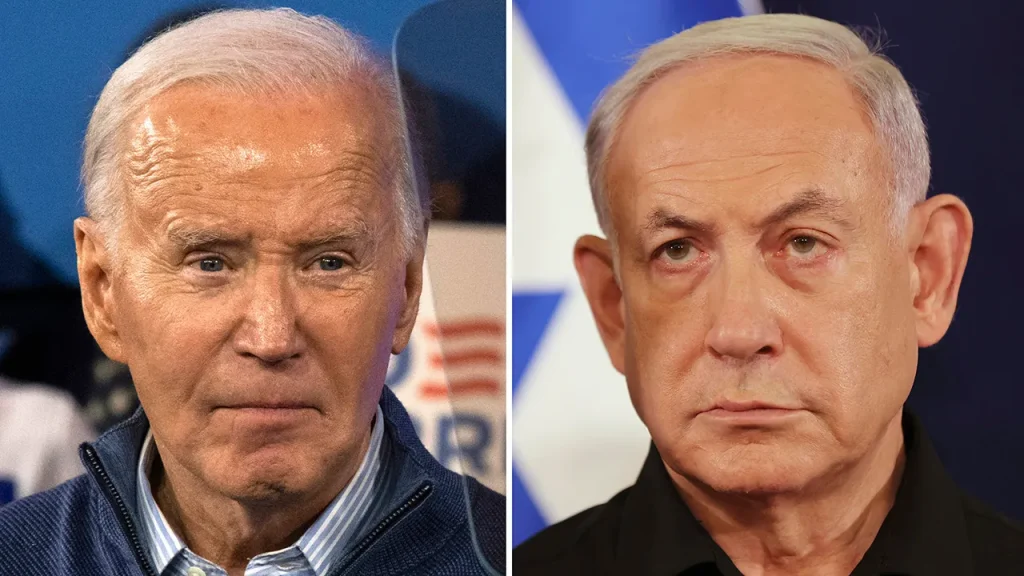The Biden administration is in tense talks with Israel to prevent a full-scale invasion of Rafah, the last city in Gaza spared from Israel’s military campaign. The U.S. has offered Israel sensitive intelligence and supplies to help pinpoint Hamas leaders hidden in tunnels around the city and avoid the devastation seen in other areas of Gaza. The U.S. is also offering thousands of shelters to help create livable conditions for refugees if an invasion occurs, as Israeli Prime Minister Benjamin Netanyahu has vowed to invade Rafah with extreme force. The U.S. is urging Israel to implement an evacuation plan before launching a campaign to avoid endangering civilians.
In addition to providing intelligence and supplies, the U.S. has been working with Egypt to find and cut off tunnels between Gaza and Egypt that Hamas has used to replenish its supplies. The Biden administration has concerns about how Israel has prosecuted the conflict, particularly in Rafah, and is working to prevent a bloody conflict that could further isolate Israel from the international community. Hamas is likely to welcome an extended and bloody conflict in Rafah as they hope it will isolate Israel further. While it is unclear if Israel has heeded U.S. warnings, private discussions have resulted in assurances that Israel would not launch a full-scale invasion of Rafah before evacuating hundreds of thousands of civilians.
The situation in Rafah is particularly precarious as it is the last city in Gaza that has not faced the devastation of war. Israel argues that an invasion is necessary to finish off the last pockets of resistance from Hamas, but destroying the city’s tunnel system would put thousands of civilians in danger. The U.S. is pushing for an evacuation plan before any campaign, and the U.N. reported that roughly 300,000 people had evacuated Rafah in the previous week. The Biden administration assessment found that an extended and bloody conflict in Rafah would benefit Hamas, leading to increased isolation of Israel in the international community.
The Biden administration has been offering Israel sensitive intelligence and supplies to help avoid a full-scale invasion of Rafah, the last city in Gaza to be spared from Israel’s military campaign. The U.S. is also working with Egypt to cut off tunnels between Gaza and Egypt that Hamas has used to replenish supplies. There are concerns about how Israel has prosecuted the conflict, and the U.S. is urging Israel to implement an evacuation plan before launching any campaign in Rafah. Private discussions have resulted in assurances from Israel that they would not launch a full-scale invasion before evacuating civilians.
While Israel has not confirmed if they have heeded U.S. warnings, discussions have led to assurances that a full-scale invasion of Rafah would not occur before evacuating approximately 800,000 civilians. The U.S. has been helping Israel target Hamas leaders and has concerns that Hamas may welcome an extended conflict in Rafah to further isolate Israel internationally. The potential invasion of Rafah remains a point of tension as the Biden administration balances support for Israel with pressure to draw a red line regarding Israel’s conduct in the conflict. Efforts are being made to prevent further devastation in Rafah and protect the lives of civilians in the city.


